Whilst back at my family home this weekend I have been looking over my old bookshelves for something to read. I can trace most of my life to date through these books, from my very earliest memories. It struck me when looking across the titles and authors, as it has so often before, that I am not re-reading books enough. For it is in the act of re-reading that we plumb the fullest depths of a work, as I discovered last summer when I read Orwell’s Nineteen Eighty-Four again for the first time in over a decade. It re-implanted itself vividly into my mind again, as if I were experiencing the book anew.
So I have listed below six books that I look forward to re-reading this year. Some of them are not well known but deserve to be read far more widely. All of them are examples of exceptional writing. I hope you enjoy them, too.
The Mask of Dimitrios by Eric Ambler (1939)
Mystery writer Charles Latimer is in Istanbul, investigating the strange death of Dimitrios, a notorious criminal. As Latimer uncovers the facts of Dimitrios’ career and death, he finds himself hunted through the city by a shadowy and brutal enemy. Ambler was a masterful writer: his work is intelligent, subtle and truly thrilling. His novels deserve to be read far more widely; and he was the great pioneer of the espionage-adventure genre. John le Carre described Ambler as one of his foremost influences. This is a brilliant novel and an excellent introduction to Ambler’s work.
The Green Man by Kingsley Amis (1969)
I could hardly put this short novel down when I read it a few weeks ago. Maurice Allington is a fifty-something hotelier with a booze problem and a creaking family life. As he pursues an affair with his neighbour’s wife, he becomes suddenly aware that the hotel is haunted and that an awful existential threat is lurking in the woods nearby. The story seems at first comically degenerate, but then morphs into a spectacular ghost story and a profound, moving meditation on life, death, God and the meaning of the life well lived. Amis writes with the unaffected stylishness and straightforwardness that is unique to the best English novelists. He is easily in the same league as Wodehouse, Waugh and Orwell.
The Sword of Honour trilogy by Evelyn Waugh (1952—1961)
Eveloyn Waugh served in the Second World War, first in the Royal Marines and then in the Royal Horse Guards. His outstanding Sword of Honour trilogy is the eulogy to that experience. Guy Crouchback, a Roman Catholic bachelor in his thirties, joins an infantry regiment as an officer. After a frantic period of training, Guy serves in Dakar, Crete and Yugoslavia. The novels chart his military adventures, his successes and shortcomings, and his rise and fall in love. They are very very funny, but also paint moving, thoughtful and convincing portraits of men at arms.
Homage to Catalonia by George Orwell (1938)
Like his great novels, Orwell’s account of his experience in the Spanish Civil War is far better known about than actually read. He fought in the International Brigades of the anti-Stalinist left, experiencing nighttime raids, brutal combat and a gunshot wound through the throat that nearly killed him. Yet, the most haunting and memorable episode of the book is his description of being physically hunted through the old streets of Barcelona by rival leftwing militias after his affiliate was ideologically outlawed. He also witnessed political murders that shook him to his core. Orwell wrote later that it was from these terrifying experiences that his hatred of totalitarianism and its oppressive violence was born. In Homage to Catalonia we see Orwell at one of the great peaks of his career.
Collected Ghost Stories of M. R. James (1904—1931)
M. R. James (1862—1936) was a medievalist scholar and the provost of King’s College Cambridge and Eton College. A man of tremendous intellect, his works on history and theology were highly regarded. But he was also an exemplary writer of ghost stories. Each tale is a masterclass in brevity, control, pace, dramatic tension, and the steadily ratcheting threat of doom. Crucially, they are not violent in the modern sense. James instead plants a small, disturbed seed in otherwise ordinary circumstances, which then grows to an awful and chilling denouement. He is the master of the genre.
Hadji Murat by Leo Tolstoy (1912)
Hadji Murat was a Chechen warlord who played an important role in the Murid Wars against the Russian Empire. Tolstoy’s novella portrays Murat’s struggle against the Russians and the terrible choice he faces when a fellow warlord, Shamil, betrays him and holds his family captive. It is a short, poignant and thrilling work that commemorates one of history’s great warriors, and also explores the essence of the Russian nation and its complex history. This novella is also an excellent gateway to Tolstoy’s longer works such as War and Peace.
Thank you very much for reading Fathom Five. Please do share this post with friends and family who also love reading.
And make sure you subscribe for more book recommendations, as well as essays on politics, history and culture, and much more:




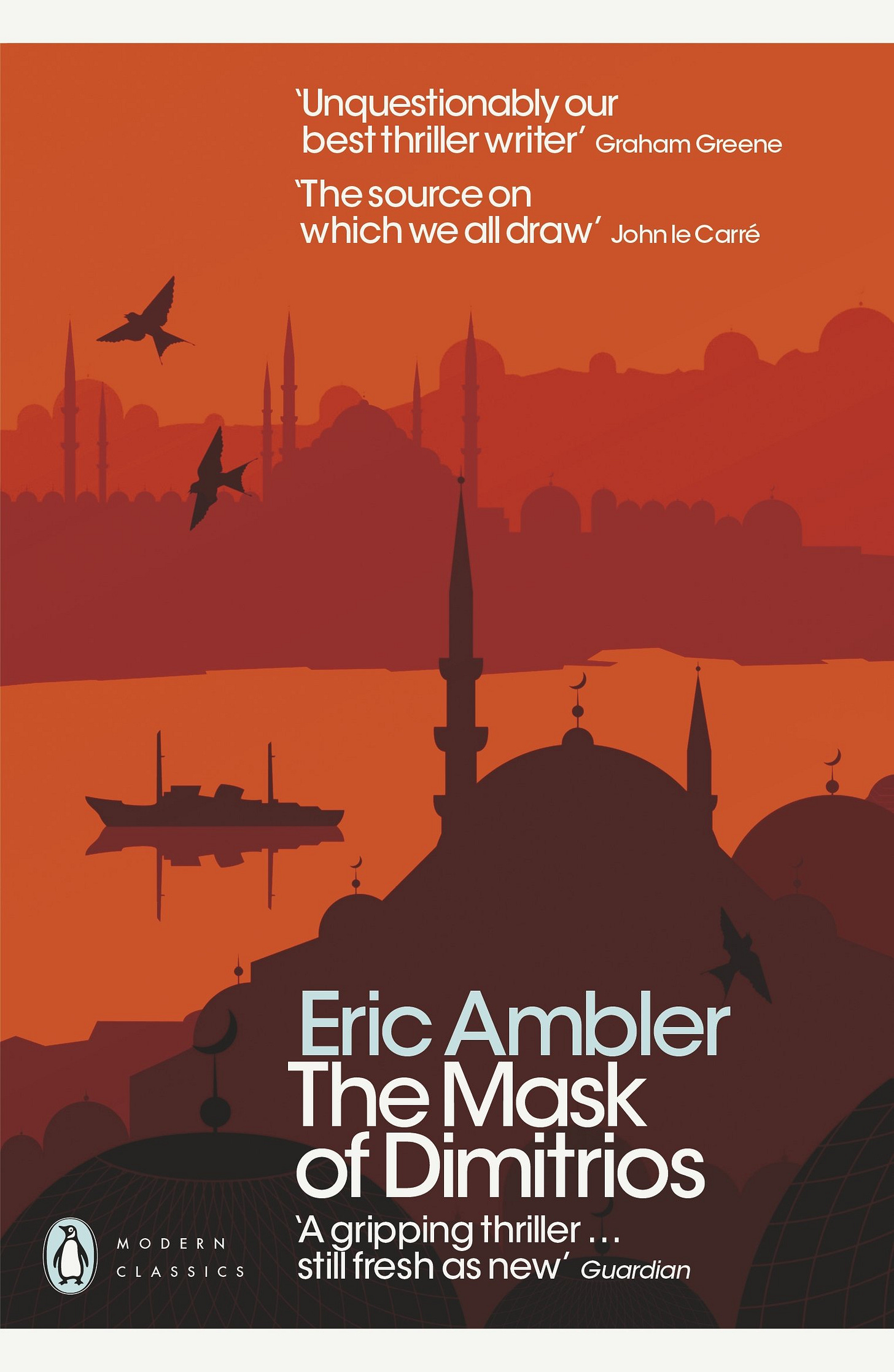
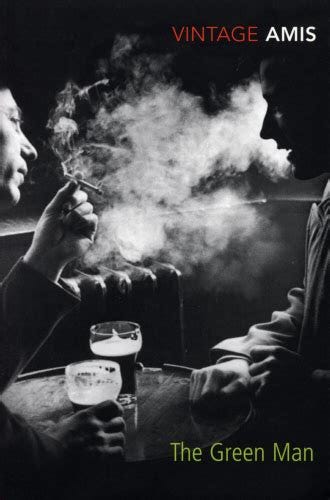
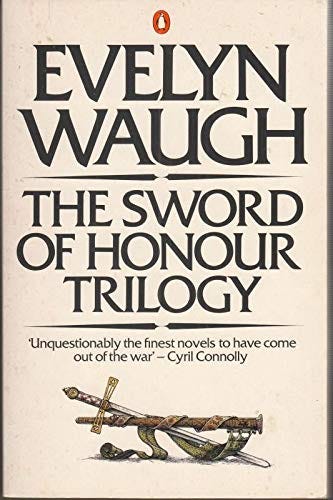
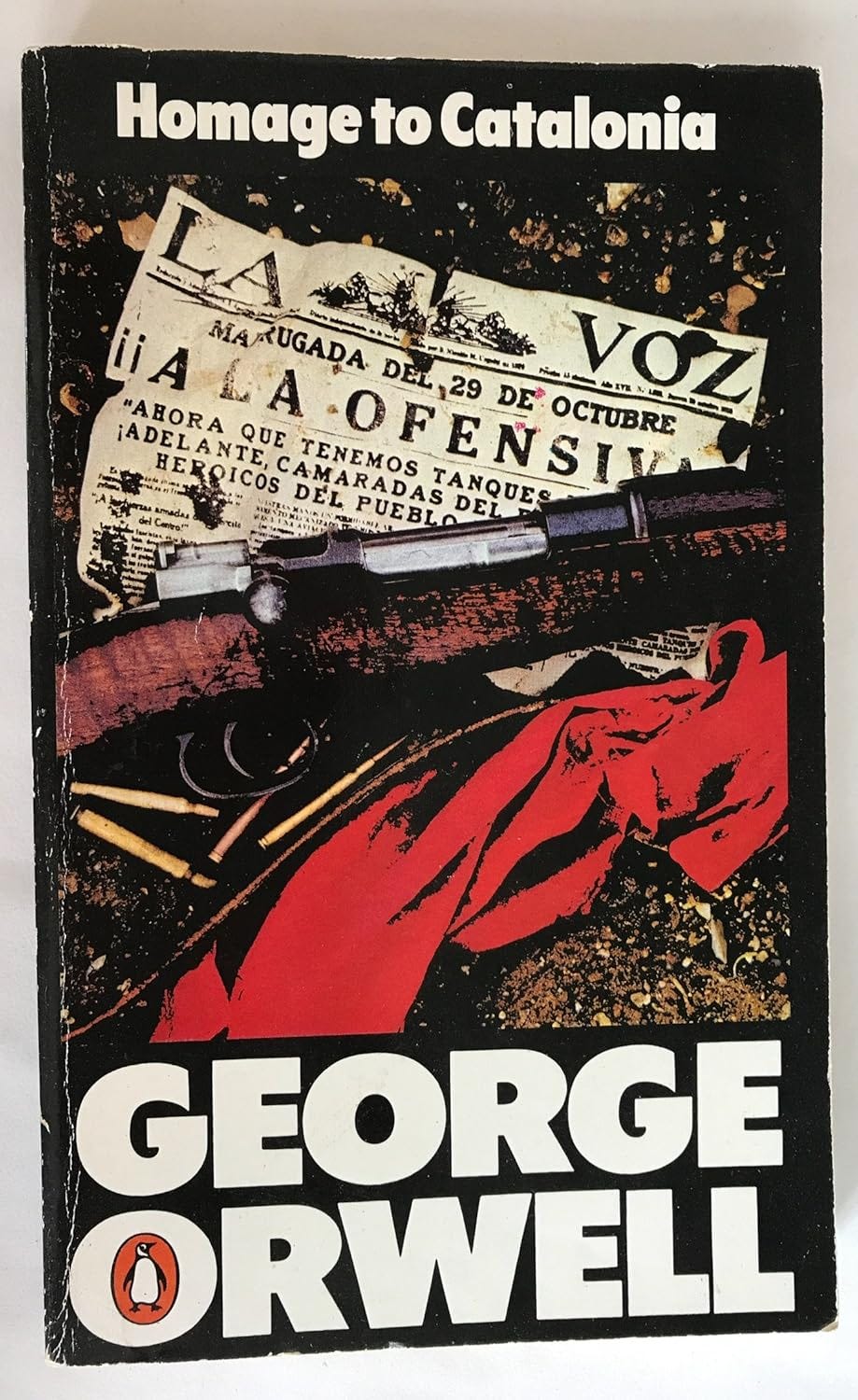
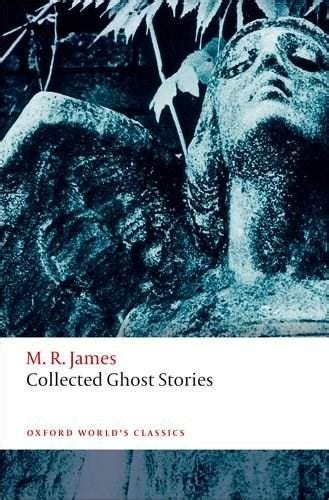
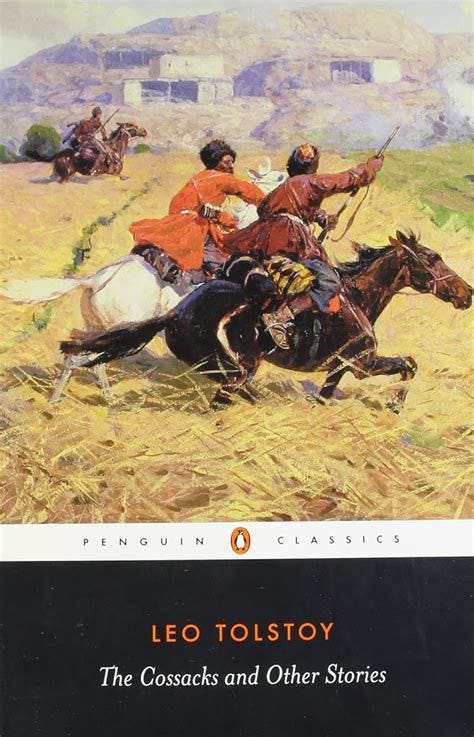
I reread Orwell’s 1984 for the second time after a forty year break. On the second read, the effect was distinctly more chilling…I had nightmares for a week, and I still can’t help myself from chanting under my breath, “Death to Big Brother…Death to Stalin…Death to Wokeism.”
Re-reading books is a great thing to do because a person changes over the years and so things in novels emerge that were missed first time round. I am currently re-reading Dr Zhivago. It's the newest translation so not the version I first read. I first read it when I was about 20 and thought Zhivago was wildly romantic. In my early 60s, I now see him as a bit self-indulgent and pretty useless as a husband and father - what seemed romantic and glorious (his passion for Lara) now seems rather selfish and even childish. I suspect it's me being old and thinking now that his responsibilites lie with his wife and children making me see him differently! However, it is still an excellent book which I am enjoying greatly.